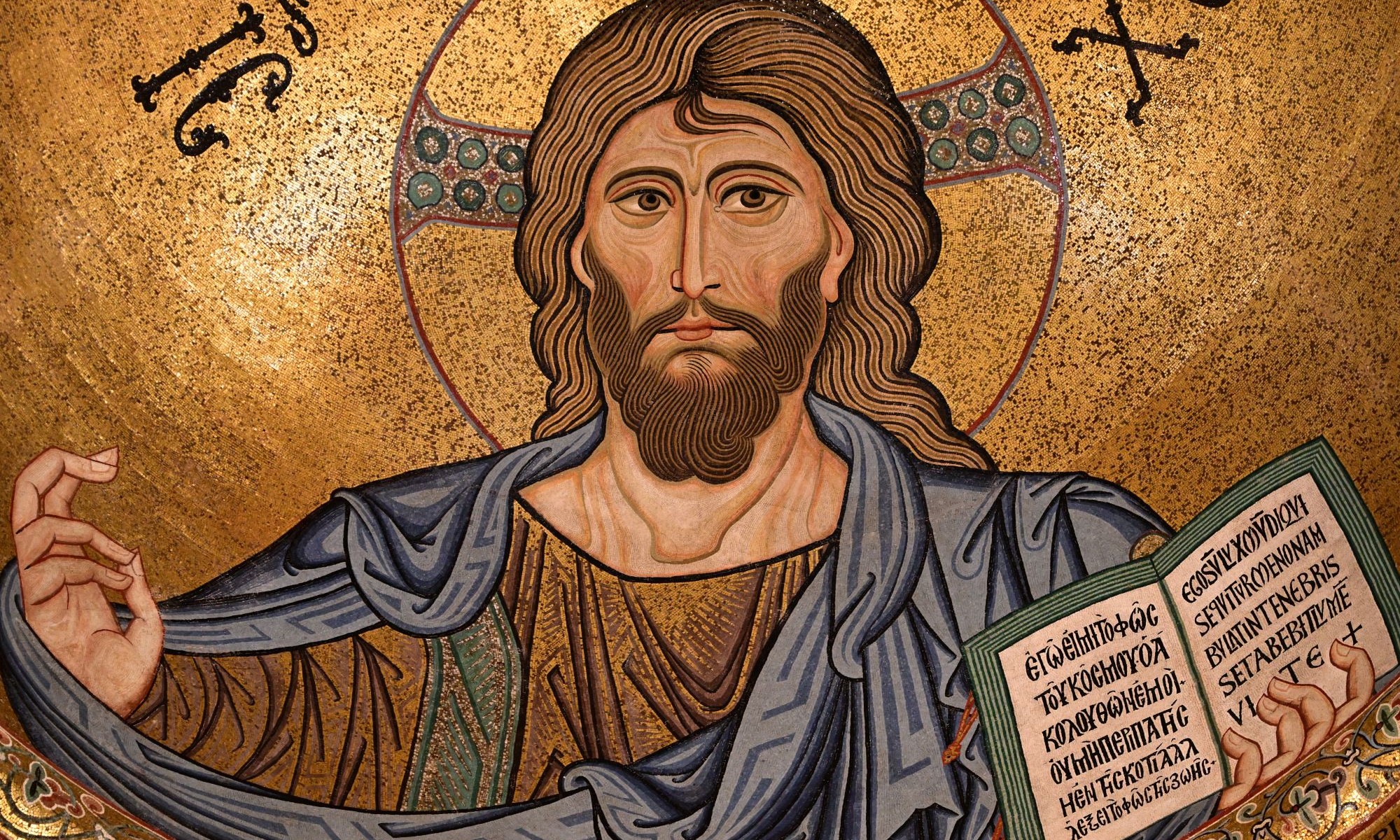1st Sunday of Advent 2024. Year C.
For the first Sunday of Advent, we are treated to Matthew’s account of Jesus’ triumphal entry into Jerusalem for the passover festival. It might seem strange to be reading about this as are minds are anticipating his birth, but, while I don’t subscribe to a theology that says that Jesus was only born in order to die, it is helpful to remind ourselves of the circularity of time, and how so much that Jesus does is leaning back into the established covenants and prophecies. We often forget how much of what he does has these echoes back into Jewish messianic expectation, and also how much expectation there was in Jewish society at the time of the imminent arrival of the Messiah, and therefore how attuned many people were to the key prophecies that would announce the arrival of the Messiah.
What Jesus is doing is choosing which of the prophecies he is going to fulfil. And they way he enters Jerusalem is very intentionally positioning himself in a particular messianic tradition, that of Isaiah’s suffering servant. His entry into Jerusalem matches his entry into the world, humble and meek.
Not that you might think it from Matthew’s account of the crowd singing hosannas as they accompany him into Jerusalem. Matthew’s account of this differs in minor details from those of Luke and Mark, but one of them is quite telling. He seems to make it explicit that the crowd that are accompanying Jesus are his followers from Galilee, rather than locals. The locals obviously don’t even know who Jesus is, because they have to ask the crowd, who tell them that this is Jesus the Prophet of Nazareth of Galilee – conspicuously identifying him as a foreigner, from the strange and untrusted land of Galilee. Matthew also describes the city as moved or troubled by his arrival – no doubt with the city crowded with pilgrims, the nervous Romans in control, and the Passover about to start, the last thing they want is a disturbance that might threaten their peace and prosperity. But it is interesting that in the same way that his birth caused Herod and all Jerusalem to be frightened, his arrival now occasions the same fear in the city.
Establishing that the fervent welcome is by his long term followers from Galilee, and that his welcome from the locals is ambivalent at best, if not positively unwelcoming, gives us a different insight into the events of the next week. We do not see a crowd of fervent admirers fade away when the going gets rough. Instead we maybe see dedicated followers just swallowed up in a sea of indifference – people who haven’t seen at first hand the miracles he has been working and heard the words he has been preaching, and therefore can’t understand why there is such a fuss about this pseudo-Messiah who doesn’t even have a warband, let alone an army to take on the Romans. It feels like the perfidy and inconstancy of the Jerusalem mob is so ingrained into our narrative of the Passion that it seems strange to think that actually, many or most of his supporters stayed loyal and true to him throughout this week to come, stayed loyal to him, like John at the foot of the cross, even to the point of death. It feels though, living as we now do in a secular world that is mainly indifferent to the teaching and presence of Jesus, that we have more in common with those loyal followers.
So, in the same way that Jesus’ arrival in Jerusalem has echoes of his birth in Bethlehem, and of the prophecies in Zechariah, what echoes does it have for us in this Advent season as we await again for Jesus’ birth, and for his coming again in glory in the full realisation of his kingdom. This year, more than most, it has felt like it can’t come too soon.
